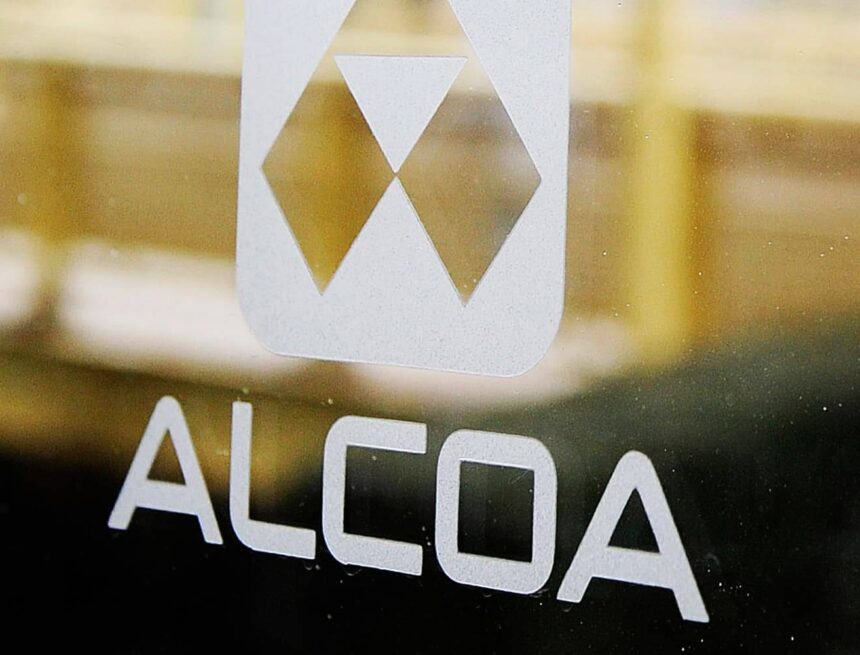Ford’s Stake in Pomalaa Plant
Ford Motor is set to deepen its involvement in the electric vehicle (EV) supply chain by taking a direct stake in a battery-nickel plant currently under construction in Indonesia. This move places Ford alongside PT Vale Indonesia and China’s Zhejiang Huayou Cobalt in a joint venture aimed at producing nickel chemicals for EV batteries. The Pomalaa plant, with a projected annual output of 120,000 tons, is expected to commence commercial production in 2026, with a total investment of 67.5 trillion rupiah ($4.5 billion).
Global Carmakers Securing Material Supply
This investment is part of a broader trend among global carmakers striving to secure a stable supply of critical materials such as lithium, cobalt, and nickel, essential for the burgeoning EV market. While direct investments in mining or refineries are uncommon, Ford’s move mirrors similar strategies by other automotive giants like General Motors Co. and Tesla Inc., who are also investing in raw material production.
Indonesia’s Role in Nickel Supply
Indonesia is emerging as a key player in providing battery-grade nickel, thanks to a series of refinery investments, primarily driven by Chinese firms. Ford’s decision to invest in the Pomalaa plant aligns with its plan to produce 2 million EVs annually by the end of 2026 and its existing agreement with Huayou to source battery materials from this facility.
Sustainability and Technology Challenges
Lisa Drake, Ford’s vice president for Model e EV industrialization, emphasized that this investment allows Ford to have direct control over nickel sourcing, ensuring that it aligns with the company’s sustainability targets. However, the Pomalaa project, which uses high-pressure acid leaching (HPAL) technology to extract nickel from low-grade ores, faces concerns about environmental impact and technological challenges, as noted by analyst Allan Ray Restauro of BloombergNEF.
Strategic Implications for Ford
Ford’s investment in the Pomalaa plant signifies a strategic move to ensure a reliable and sustainable supply of nickel, crucial for the company’s aggressive EV production goals. This venture not only positions Ford as a proactive player in the EV supply chain but also highlights the importance of responsible and sustainable mining practices in the era of green transportation.






